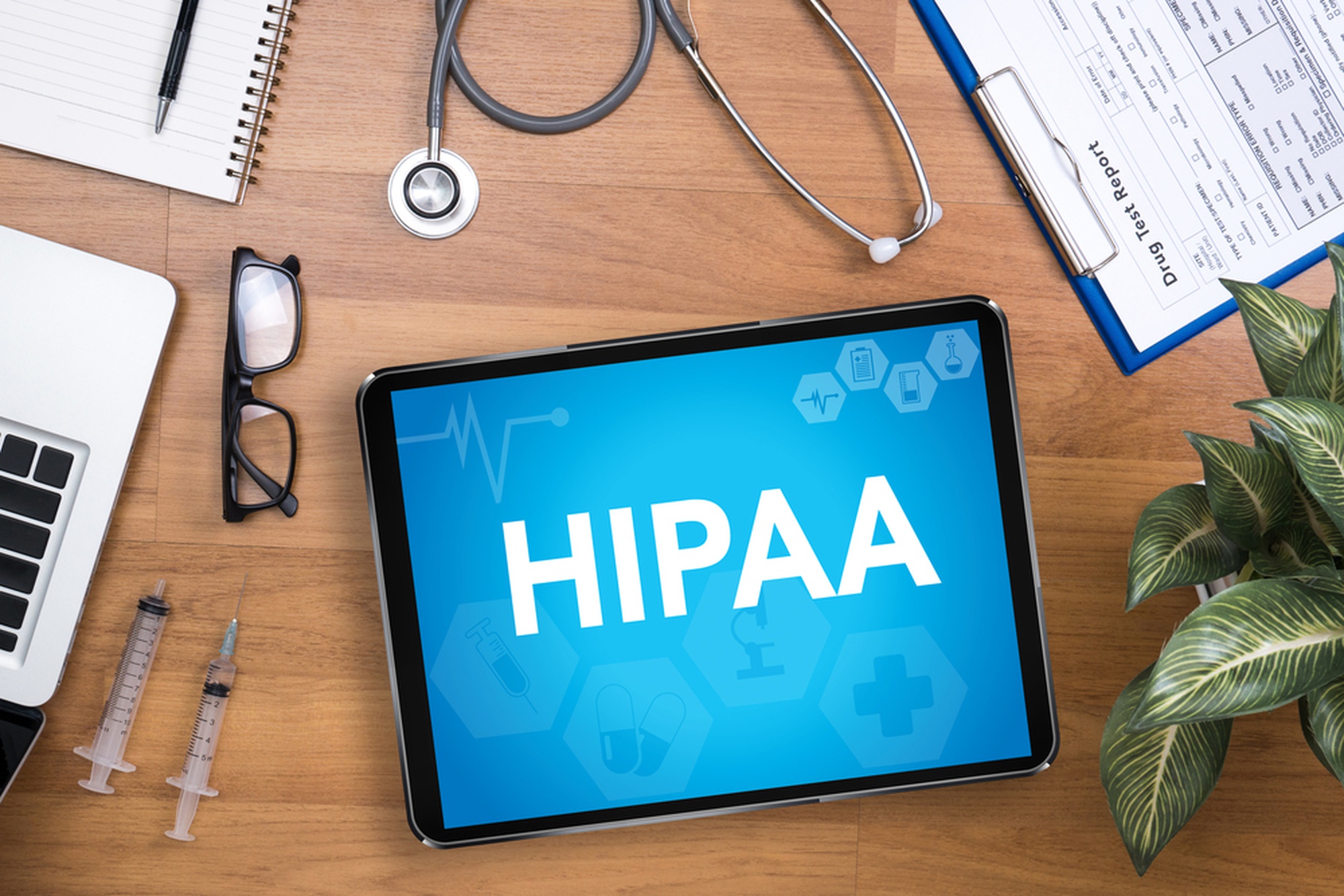The security of sensitive data has become a concern for every organization in the digital age. For healthcare it is especially important to comply with the Health Insurance Portability and Accountability Act (HIPAA) has strict guidelines for the management of storage, handling, and protection of protected health information (PHI). HIPAA compliance for healthcare institutions is essential to preserve their reputation, protect patient privacy and avoid penalties.

HIPAA covers every healthcare provider, healthcare plans, health clearinghouses, and business associates. PHI is any data that can be used as a means to identify an person. This includes names, addresses credit card information, and Social Security numbers. PHI is highly important on the black market due to the possibility of its use in fraud involving identity.
The HIPAA Privacy Rule sets forth guidelines regarding the disclosure and use of PHI. Entities covered by the rule must develop and implement policies and procedures to protect the integrity, confidentiality, and availability of electronic health information (ePHI). These policies must include access controls, security incident procedures, security-related training as well as other measures to protect the privacy of PHI. The covered entities have to restrict their use and disclosure of PHI only to the extent that is required to fulfill the end-goal of the reason they are made available or disclosed.
The Security Rule of HIPAA mandates that all entities covered by the rule ensure the integrity and confidentiality of ePHI by implementing reasonable and appropriate physical and administrative safeguards. These safeguards consist of access controls and audit controls and integrity controls transmission safety, integrity controls, and contingency plan. The covered entities must also perform periodic risk assessments in order to identify vulnerabilities and implement mitigation measures.
The HIPAA Breach Notification Rule obliges covered organizations to inform affected patients, Secretary of Health and Human Services and in some cases media about any breach of PHI that is not encrypted. The Privacy Rule defines a breach to be the use, acquisition or disclosure of PHI which is not allowed under the Privacy Rules, which could compromise privacy or security. The covered entities are required to undertake a risk analysis order to determine if PHI is at risk and what harm could be caused by the breach.
HIPAA compliance requires ongoing training and education for employees to ensure that they are aware of the obligations they have to fulfill regarding privacy and security. They must also conduct periodic risk assessments to determine possible vulnerabilities and take steps to minimize the risks. This could include implementing security controls, including encryption of ePHI, and developing contingency plans in case an incident involving security.
In the present, technology has made an enormous impact on almost all aspects of our lives, not just healthcare. Electronic health records are a revolutionary tool that allows healthcare providers to store and manage information about patients in a seamless manner. This has led to substantial cybersecurity risks and strict conformity with HIPAA is vital. Patient data is sensitive and must be kept secure always. HIPAA is never more vital than it is now, given the ever-increasing threat of cyberattacks against healthcare organizations. HIPAA can help ensure the privacy and security of patient information, increasing trust among patients in the healthcare professionals they trust.
HIPAA can help healthcare providers in maintaining trust with patients and ensure their privacy. Failure to comply with HIPAA regulations could lead to significant fines, legal action and reputational harm. Office for Civil Rights of Department of Health and Human Services (OCR) enforces HIPAA rules and has the authority to investigate complaints and review the level of compliance.
HIPAA compliance is essential for healthcare providers to safeguard privacy of patients in a digital age. HIPAA regulations provide guidelines to manage, store and handling protected health information. The healthcare organizations should ensure they have HIPAA-compliant policies and procedures, carry out regular risk assessments, provide ongoing training and education for their employees and conduct regular risk assessments. In doing so healthcare providers can keep their patient’s trust and avoid penalties and legal actions.
For more information, click why is hipaa important
Leave a Reply